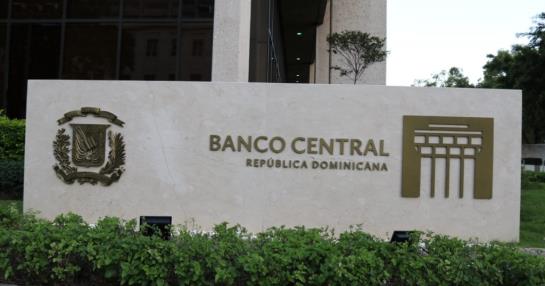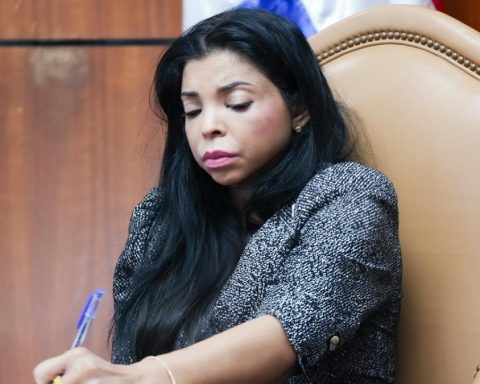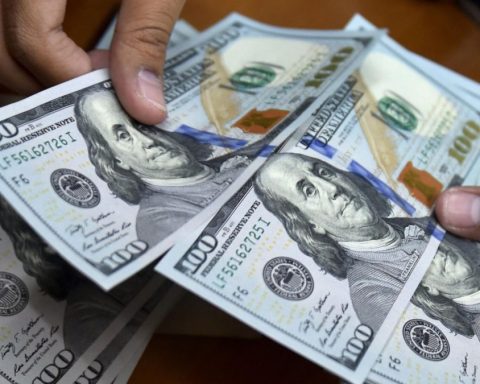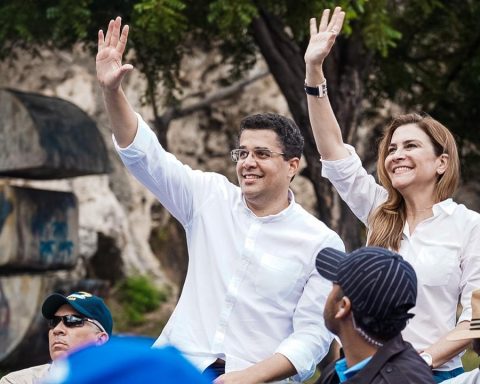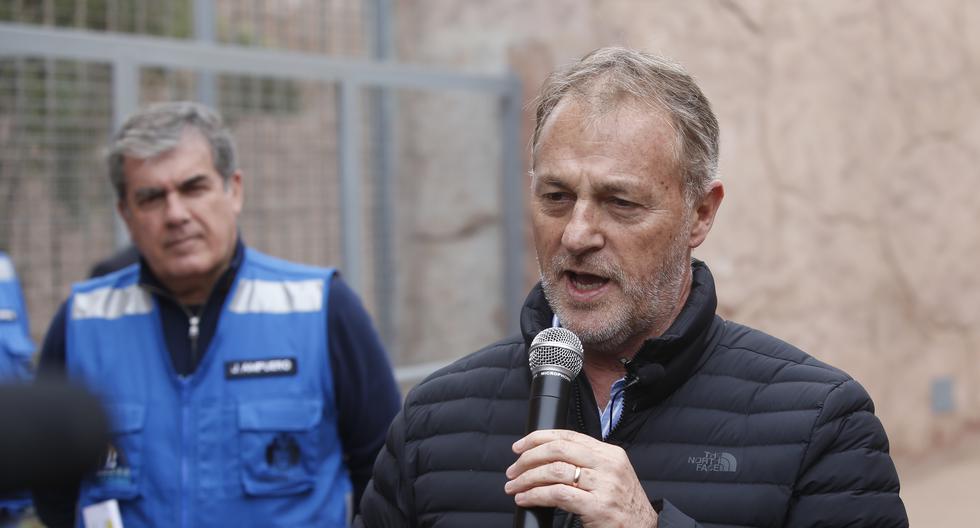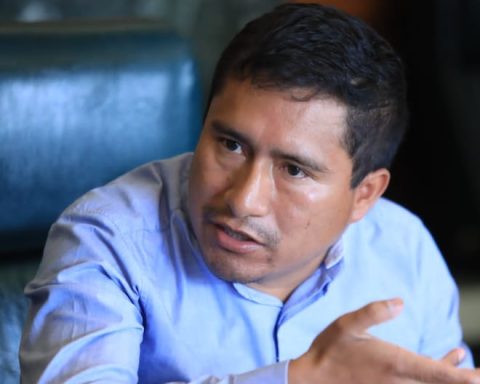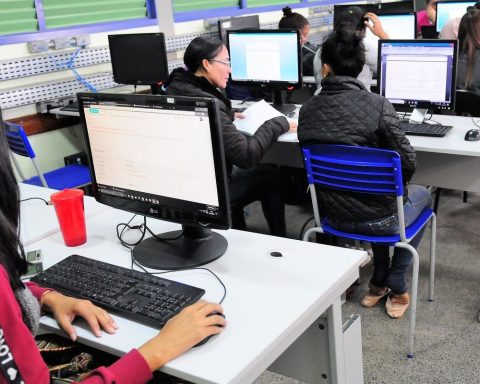After the increase for the third consecutive month in the rate of monetary politics of the Central Bank, the ex-governor of that institution, William Caramindicated that “as long as the practice of current expenses persists as expansive as the one that the government has been developing during 2021, which disproportionately increases money in circulation (…), the Central Bank will be compelled to adopt a monetary politics restrictive to neutralize the inflationary effect on the economy of that excess money.
explained to Free Journal that, undoubtedly, this provision will tend to increase production costs via the increase in financial cost, which forces the government to seek ways to neutralize these costs, such as reorienting its subsidy policy, so that they no longer go to consumers and are directed to producers, financing the increase in the interest rate to strategic producers such as farmers.
He reiterated that the agricultural it is strategic because it contributes to increasing food self-sufficiency through national production, thus eliminating imported inflation. And because it constitutes the most backward sector of the economy, being the most necessary, since the agricultural Gross Domestic Product (GDP) only grows 2%, six times less than the total GDP and up to 15 times less than other sectors such as tourism.
“In this way, a more balanced growth of our economy would be achieved and greater benefits of our growth would be propitiated,” said Caram.
He pointed out that “hopefully” the Superintendence of Banks ensures that this disposition of the Central Bank translates into an increase in the interest rate paid to depositors, so that they can neutralize the inflationary pressures they are suffering.
The Central Bank recently explained that, in the context of a faster-than-expected economic recovery and longer-than-expected inflationary pressures, it is implementing a gradual normalization plan for its monetary politicswith the purpose of facilitating the convergence of inflation to the target range of 4% ± 1% in the policy horizon.
Last Monday, the Central Bank reported that at its meeting of monetary politics January decided to increase for the third consecutive month its interest rate of monetary politics. The increase was 50 basic points, going from 4.50 to 5.00% per year.
Specifically, the issuing entity has increased its interest rate by 200 basis points. monetary politics.
Additionally, it indicates the BCRDthe institution is actively managing the liquidity level of the economy to prevent price stability from being put at risk and prevent a possible future overheating of aggregate demand that could generate an internal macroeconomic imbalance.
On the increase in the rate of monetary politics of BCRD, Free Journal consulted the Association of Banks of the Dominican Republic (ABA), which announced that it will soon establish a position on the matter.
